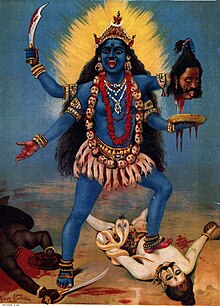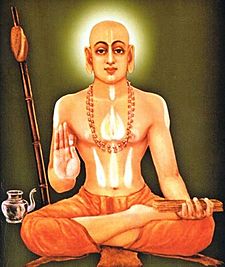excreationist
Married mouth-breather
This might be a New Age idea.... and maybe involved in some religions - particularly eastern ones.... is there a technical term for this? I wanted to explore this ancient concept...
It is basically saying that a god (or a god-like being) exists - and it is you - but you forgot it.... (though perhaps in New Age, etc, other people are also gods/God as well)
There are two examples of this concept that are related to possibly being in a simulation.
The first is the "Roy game". In Rick and Morty, Morty is forced to become "Roy" and he soon forgets his original identity:
I think Alan Watts' dream thought experiment could be implemented in a simulation..... it would start off with the person fulfilling their wildest dreams then later having adventures that could involve fantasy creatures like dragons and eventually you'd want to have surprises and eventually live lives where you forgot your original identity....
In both scenarios I guess forgetting your original identity makes the life more immersive and makes the eventual restoration of your memories a pleasant or at least interesting surprise.
I think those two scenarios also address the problem of evil and suffering.... the person consented to living a life involving significant suffering. Or at least Rick did when he forced Morty into the game.
Perhaps it could be said that Morty isn't godlike after he's out of the game though he is the only real character in the game. Theoretically it is possible he could come back into the game and use cheats/hacks/mods to have god like abilities....
Not really related but here is a Groundhog Day scene where Phil says he is a god:

 www.youtube.com
Though Groundhog Day could be easily implemented in a simulation.
www.youtube.com
Though Groundhog Day could be easily implemented in a simulation.
I think in New Age they can call their "godhood" their "higher self" ?
It is basically saying that a god (or a god-like being) exists - and it is you - but you forgot it.... (though perhaps in New Age, etc, other people are also gods/God as well)
There are two examples of this concept that are related to possibly being in a simulation.
The first is the "Roy game". In Rick and Morty, Morty is forced to become "Roy" and he soon forgets his original identity:
I think Alan Watts' dream thought experiment could be implemented in a simulation..... it would start off with the person fulfilling their wildest dreams then later having adventures that could involve fantasy creatures like dragons and eventually you'd want to have surprises and eventually live lives where you forgot your original identity....
In both scenarios I guess forgetting your original identity makes the life more immersive and makes the eventual restoration of your memories a pleasant or at least interesting surprise.
I think those two scenarios also address the problem of evil and suffering.... the person consented to living a life involving significant suffering. Or at least Rick did when he forced Morty into the game.
Perhaps it could be said that Morty isn't godlike after he's out of the game though he is the only real character in the game. Theoretically it is possible he could come back into the game and use cheats/hacks/mods to have god like abilities....
Not really related but here is a Groundhog Day scene where Phil says he is a god:

'Groundhog Day' "I'm a god" scene
Based on this scene, how many times has Bill Murray been through this day?
I think in New Age they can call their "godhood" their "higher self" ?
Last edited:




